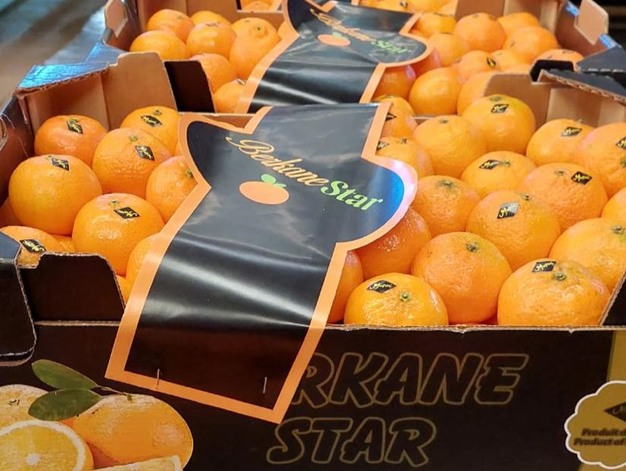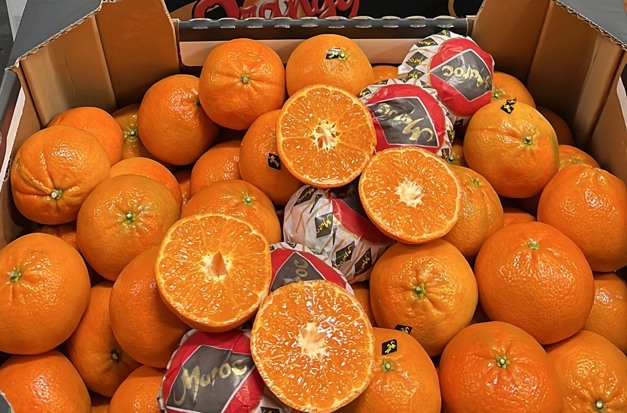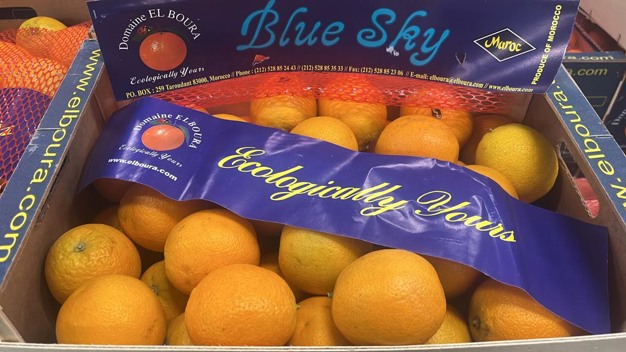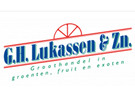"Somewhat chaotic" is how Lukassen AGF's sales representatives interpret the citrus market in late December. This Dutch company that imports fruit and vegetables from across the globe attributes that to weaker demand. And climate conditions are increasingly causing lower-quality supplies of smaller sizes.
"The recent drought in Morocco is a significant problem. It's affecting all the major citrus-growing areas: Berkane, Agadir, Gharb, Beni, and Mellal. Growers with no wells depend entirely on rain and don't have enough water for their orchards. Those are, thus, deteriorating rapidly, and there's less and less good quality fruit. Many growers, both large and small, are forced to stop or grow on smaller plots," the sales team begins.
Risk spreading
Lukassen AGF indicates that that makes it hard to get a good picture of production. "That varies by supplier and region. A few years ago, what was happening in the areas of production, quality, and size was clearer because growers could still farm normally and had perspective. Now, we focus more on importing the best variety from the best region. For mandarins, that's Berkane; for Nadorcott, the Marrakesh region; and for juicing oranges, Gharb and Beni Mellal."

Lukassen AGF also puts more effort into partnerships. "Having good partners with orchards who control the whole process from packaging to transport to the Netherlands surely offers opportunities to market quality Moroccan citrus. If you don't seek those collaborations, you depend on small parties who don't control the chain. That's a major reason for the problematic market situation. We work closely with professional players with their own orchards and packing facilities to confidently provide our customers with the desired quality, sizes, and packaging. Keeping to agreements made is vital in our trade, and that's only possible if there are good partnerships with producers/suppliers," the traders say.
High cost price
Lukassen AGF knows some Moroccan growers can cultivate using groundwater from wells. "But that too is becoming increasingly hard and costly." A few years ago, you needed to dig only 40 meters down to reach water; now, says Lukassen AGF, you sometimes have to go as deep as 200 to 300 meters. "Also, rainwater’s much better for orchards than groundwater. Besides that cost, higher international as well as national transportation costs, and higher packaging and fertilizer costs have driven up citrus cost prices dramatically."

According to the company, that is one reason for the lagging demand. "Moroccan citrus purchasing prices rose too fast. Then, at some point, demand decreases," the sales reps explain. For example, Egyptian juicing oranges have all but replaced Moroccan ones on the Dutch market. "That’s due to that fruit's declining production in Morocco and much of the crop being sold locally on the internal market because they fetch high prices. That makes it almost impossible for many shippers to export anything."
Competition
"Egypt’s very strong in juicing oranges, especially between January and June when that country takes over supply to the Dutch market from Morocco. It’s competitive, cost price-wise. In August 2023, the average purchase price of Moroccan oranges was €18 to €20. A few years ago, that was between €10 and €12. That's a 40+ % increase, while Egypt's far cheaper, with a €13 selling price, at most," the commercial team points out.

In November and December, Lukassen AGF's assortment does include Moroccan mandarins, but sales are, admittedly, calm. The importer sees that cost prices play a role here, too, and notes that demand is very volatile. "There's no sales structure or continuity. Sometimes, clients need several pallets in one day and nothing for the next two weeks. That's difficult to accommodate with new arrivals. No one wants too much stock. Our trade is all about freshness."
Although Lukassen AGF sees that Berkane mandarins are of good quality, the product is notably tough to market this year. "Buyers used to be willing to pay more for high quality, but nowadays, they expect excellent quality and can't or won't pay much more. It's ultimately about marketing good, well-priced products so customers keep returning," the sales agents continue.
Less attention
The company acknowledges that those prices push Moroccan citrus slightly out of the picture. "There used to be festive season promotions with small boxes of Moroccan mandarins. You don't really see that anymore. At a certain point, products get somewhat forgotten because they're too expensive for a long time. Moroccan mandarins have thus lost some commercial attention."
Still, Lukassen AGF has high hopes for the Nadorcott season in Morocco, which should have begun in December. "That supply continues until April with four months of quality products. You must believe in a good product. If you have one with a strong brand and supply and quality continuity, you'll always have sales," the team concludes.

G.H. Lukassen & Zn. BV
Laagraven 11-13
3439 LG Nieuwegein
T +31 (0)30 2885557
[email protected]
www.lukassenagf.nl









